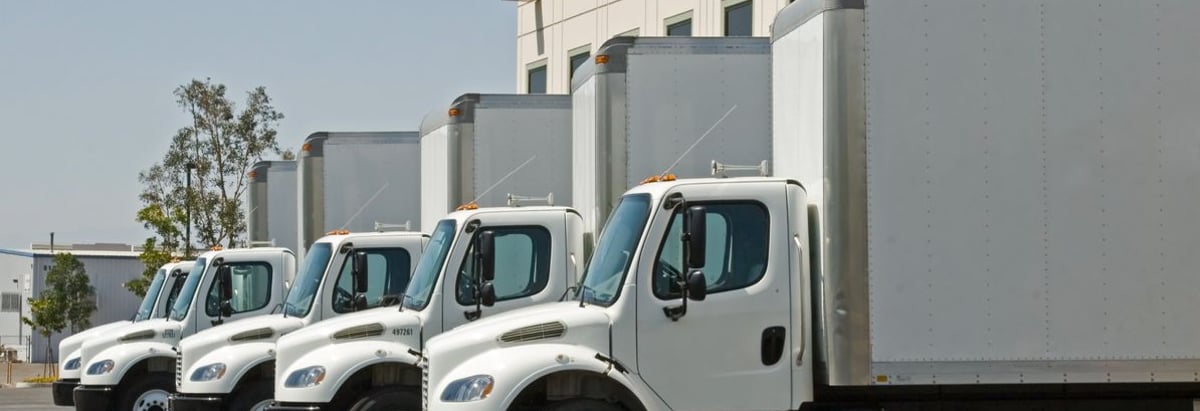Stock Analysis

We wouldn't blame Supreme Plc (LON:SUP) shareholders if they were a little worried about the fact that Sandeep Chadha, the CEO & Director recently netted about UK£2.6m selling shares at an average price of UK£1.60. However, it's crucial to note that they remain very much invested in the stock and that sale only reduced their holding by 4.0%.
Check out our latest analysis for Supreme
Supreme Insider Transactions Over The Last Year
Notably, that recent sale by Sandeep Chadha is the biggest insider sale of Supreme shares that we've seen in the last year. So what is clear is that an insider saw fit to sell at around the current price of UK£1.60. We generally don't like to see insider selling, but the lower the sale price, the more it concerns us. In this case, the big sale took place at around the current price, so it's not too bad (but it's still not a positive).
You can see a visual depiction of insider transactions (by companies and individuals) over the last 12 months, below. By clicking on the graph below, you can see the precise details of each insider transaction!
If you like to buy stocks that insiders are buying, rather than selling, then you might just love this free list of companies. (Hint: Most of them are flying under the radar).
Does Supreme Boast High Insider Ownership?
I like to look at how many shares insiders own in a company, to help inform my view of how aligned they are with insiders. I reckon it's a good sign if insiders own a significant number of shares in the company. Insiders own 34% of Supreme shares, worth about UK£63m. This level of insider ownership is good but just short of being particularly stand-out. It certainly does suggest a reasonable degree of alignment.
What Might The Insider Transactions At Supreme Tell Us?
An insider sold Supreme shares recently, but they didn't buy any. Looking to the last twelve months, our data doesn't show any insider buying. On the plus side, Supreme makes money, and is growing profits. While insiders do own shares, they don't own a heap, and they have been selling. We'd practice some caution before buying! So these insider transactions can help us build a thesis about the stock, but it's also worthwhile knowing the risks facing this company. To that end, you should learn about the 3 warning signs we've spotted with Supreme (including 1 which is potentially serious).
But note: Supreme may not be the best stock to buy. So take a peek at this free list of interesting companies with high ROE and low debt.
For the purposes of this article, insiders are those individuals who report their transactions to the relevant regulatory body. We currently account for open market transactions and private dispositions of direct interests only, but not derivative transactions or indirect interests.
New: Manage All Your Stock Portfolios in One Place
We've created the ultimate portfolio companion for stock investors, and it's free.
• Connect an unlimited number of Portfolios and see your total in one currency
• Be alerted to new Warning Signs or Risks via email or mobile
• Track the Fair Value of your stocks
Have feedback on this article? Concerned about the content? Get in touch with us directly. Alternatively, email editorial-team (at) simplywallst.com.
This article by Simply Wall St is general in nature. We provide commentary based on historical data and analyst forecasts only using an unbiased methodology and our articles are not intended to be financial advice. It does not constitute a recommendation to buy or sell any stock, and does not take account of your objectives, or your financial situation. We aim to bring you long-term focused analysis driven by fundamental data. Note that our analysis may not factor in the latest price-sensitive company announcements or qualitative material. Simply Wall St has no position in any stocks mentioned.
About AIM:SUP
Supreme
Owns, manufactures, and distributes batteries, lighting, vaping, sports nutrition and wellness, and branded household consumer goods in the United Kingdom, Ireland, the Netherlands, France, rest of Europe, and internationally.

